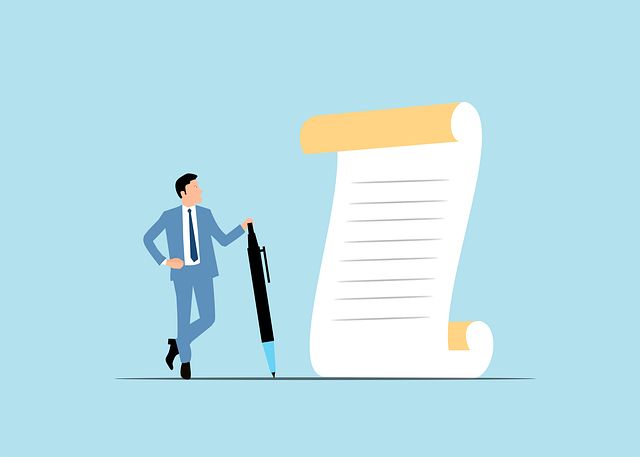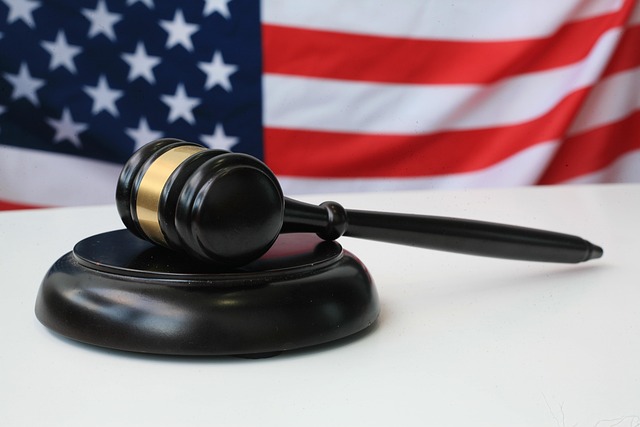Insurance companies play a central role in accident liability determination by gathering crucial information, identifying at-fault parties, assessing damages, and determining compensation based on evidence and policies. They act as intermediaries in risk management, offering protection against unexpected events and facilitating swift compensation for auto accident injuries, medical bills, and legal fees. Insurance significantly influences behavior, encouraging safer practices and promoting societal well-being by balancing risk and reward.
Insurance companies play a pivotal role in the intricate process of accident liability determination, acting as key intermediaries within legal frameworks. By assessing risks, evaluating claims, and managing financial exposure, these entities significantly influence how societies approach risk mitigation and disaster management. This article delves into the multifaceted dynamics, exploring the procedures behind accident liability determination and the profound impact insurance has on both individual decisions and societal resilience.
- The Process of Accident Liability Determination
- Role of Insurance Companies in Legal Frameworks
- Impact of Insurance on Risk Management and Society
The Process of Accident Liability Determination

The process of accident liability determination is a meticulous and nuanced procedure that involves several steps to ascertain responsibility for an incident. When an auto accident occurs, insurance companies play a pivotal role in navigating the complexities of such events. They begin by gathering all relevant information, including witness statements, police reports, medical records, and vehicle damage assessments. This initial phase is crucial as it forms the foundation for understanding what transpired during the accident.
Through their investigation, insurance carriers identify potential at-fault parties, which could include drivers, manufacturers, or even employers in cases of employment disputes. In the case of auto accident injuries, they assess the circumstances to decide on compensation and coverage. The process involves evaluating liability based on evidence, determining the extent of damages, and matching these with available policies and legal representations to ensure fair and just outcomes for all involved parties.
Role of Insurance Companies in Legal Frameworks

Insurance companies play a pivotal role in legal frameworks, especially when it comes to accident liability determination. They act as intermediaries between individuals or entities seeking compensation for auto accident injuries and those who may be held responsible. By assessing risks and providing coverage, insurance firms contribute significantly to the overall legal landscape.
In cases involving breach of fiduciary duty, where one party fails to act in good faith towards another, insurance companies step in to facilitate the process of injury compensation. Their expertise lies in evaluating claims, determining liability, and ensuring fair settlements. This not only aids in resolving disputes but also helps maintain a balanced legal system by providing financial security and support to victims of accidents.
Impact of Insurance on Risk Management and Society

Insurance plays a pivotal role in risk management, acting as a shield against unforeseen events and their financial repercussions. By assessing and mitigating potential risks, insurance companies contribute significantly to society’s overall resilience. In the context of accident liability determination, insurers play a crucial part in ensuring individuals and businesses are held accountable for their actions. When a car accident occurs, for instance, insurance coverage can help determine liability by providing financial protection for damages, medical expenses, and legal fees. This not only facilitates faster recovery for victims but also encourages drivers to adhere to road safety regulations.
Moreover, the presence of insurance influences behavior beyond individual accidents. In employment disputes or even wrongful death cases, insurance policies serve as a backdrop of financial security and liability management. Employers with comprehensive coverage are more likely to take proactive steps to prevent workplace hazards, knowing that adequate insurance can shield them from severe financial consequences. This balance between risk and reward fosters a safer environment for everyone, ultimately enhancing the overall well-being of society.
Insurance companies play a pivotal role in the process of accident liability determination, leveraging their expertise and resources to assess risks and facilitate legal frameworks. By efficiently managing claims and providing financial protection, they contribute significantly to risk mitigation and societal well-being. Understanding their role is essential for navigating the complex landscape of accident liability, ensuring fair compensation, and fostering a more resilient community in today’s world.






